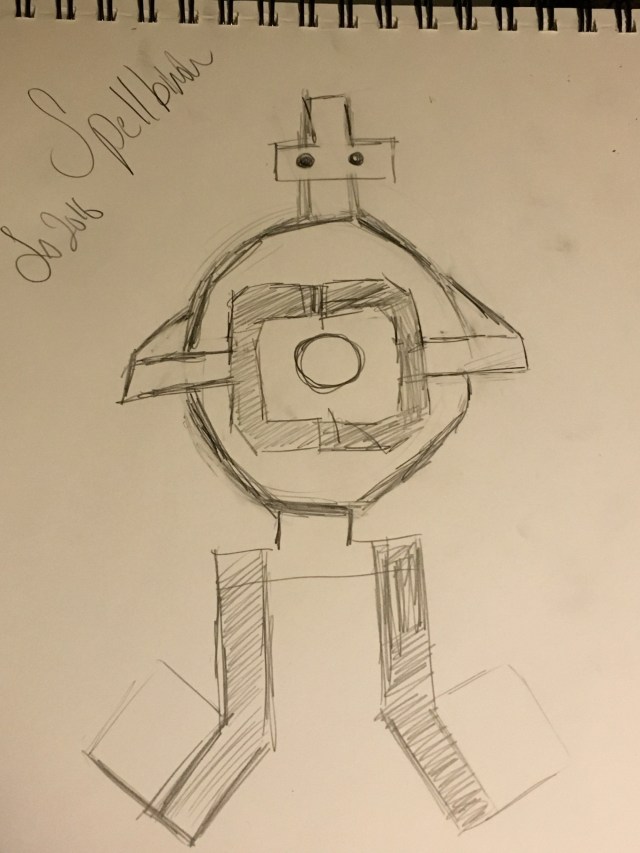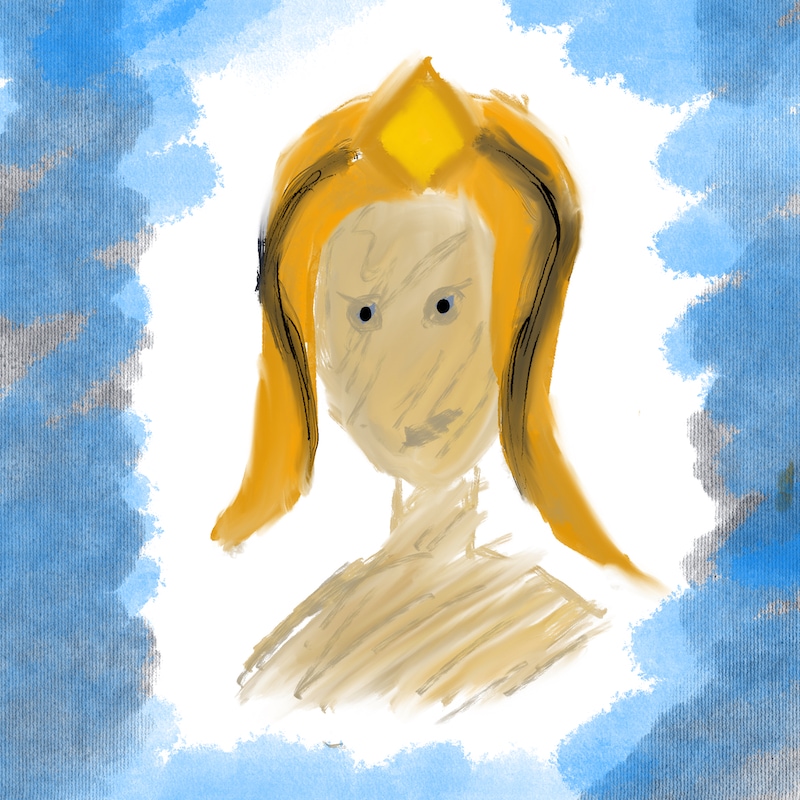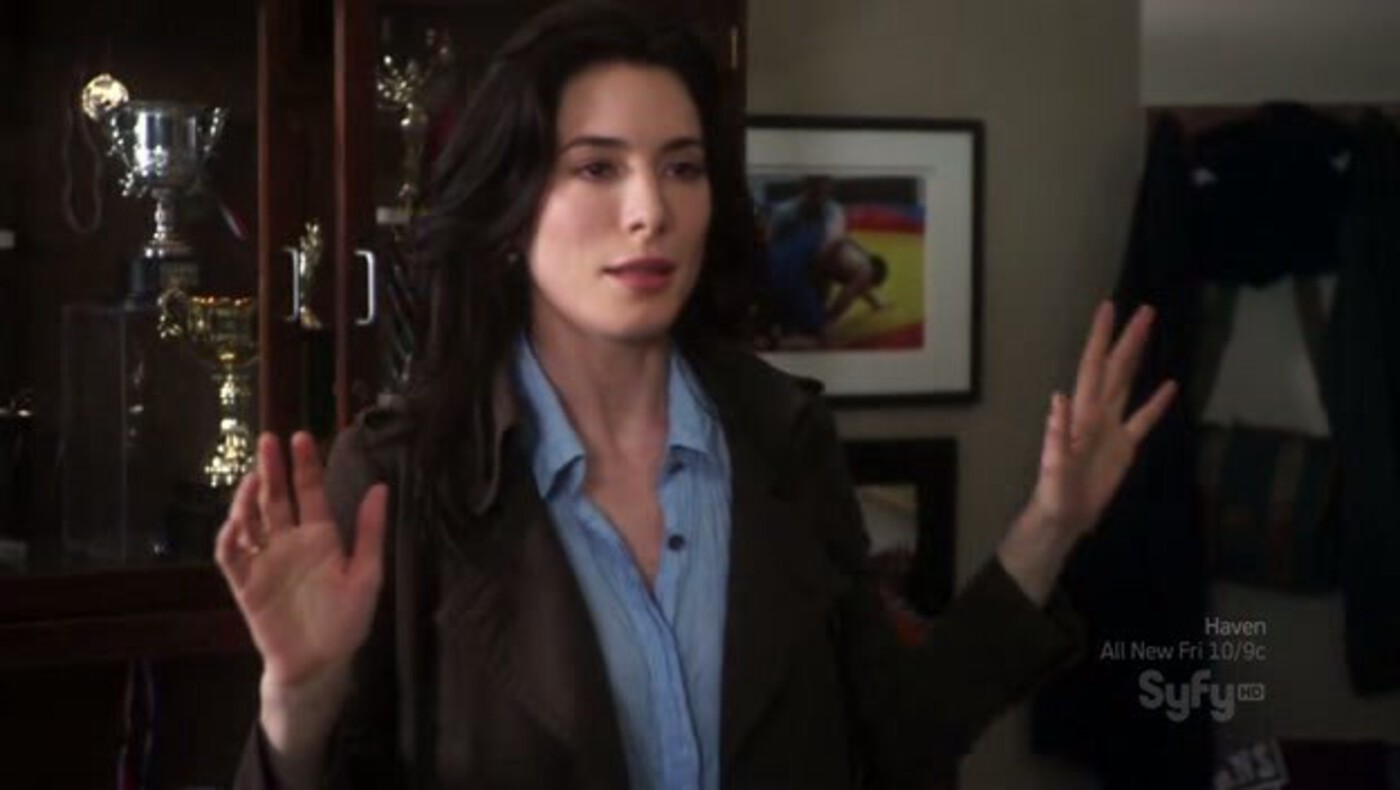Being a (Female) Author
Because for some reason there has to be a distinction.
There was this show on the Syfy channel called Warehouse 13. It was a solid family-fun flick about a secret warehouse that contained legendary objects of famous people, things like Ferdinand Magellan’s Astrolabe. It had a way of using the watcher’s knowledge and expectation of history as a base and making a story out of twisting it.
One of those ways was the introduction of H.G Wells. As in, the renowned author. I will not go into details on how the author came to be in the present day, but it happened. And it was magnificent. Why?
Because in Warehouse 13's world, H.G Wells was not Herbert G. Wells, but Helena G. Wells.
That’s right: H.G Wells was a woman. In the show, she explains how she had to publish her work through her brother if she wanted to have any hope of it seeing appreciation.
Fast forward to now, and there are still struggles for female authors. It is still a male-dominated world. Self-publishing is working in favor of women, but there are still problems.
One of those issues is that a woman who chooses to be an author isn’t just an ‘author.’ She is a ‘female author.’ A Woman-Writer. She is distinct from a regular author because she is a she.
And with this distinction comes expectations.
I talked about types of expectations and genre prejudice in another post, and a fellow author's response about the African-American Fiction genre made me realize something.
Whether I like it or not: in the eyes of readers and critics, I am not just writing as myself.
I am writing as a woman.
I’m not just writing fiction anymore. I’m writing ‘Women Writing’ or maybe even Women’s Fiction. Because me being born with two X chromosomes transforms what I am writing into something else. It changes the expectations, and it changes the standards. It influences how others will judge the work, and it will influence how I write. Because I am a woman, I have some vaguely imposed obligation.
I ask myself: am I writing enough strong female characters? Am I portraying woman well? Am I breaking norms in the science-fiction fantasy genres? Am I doing well for my gender? Am I contributing to the poor portrayal of women in literature?
These questions weigh heavily on my mind. I find it disconcerting that in the back of my mind I feel like I am obligated to promote change in the genre and industry. Like I am one of the chosen to lead the charge.But I’m not alone. Which is only a minor consolation.
Women writers have to bear the burden of supporting their gender while also having to write a coherent novel. All the while, male writers get applauded for writing ‘real women.’
You know, instead of one-dimensional stick figures that exist only to provide a romantic subplot for the male protagonist.
Can I get points for writing convincing men?
Can I be interviewed over my abilities to write men as ‘people?’
Can I get special attention for my stunning abilities for portraying people as people regardless of who or what they are?
It would make just as much sense.
At least there is a movement to try to improve the status-quo. At least it is being talked about. Ludicrous this all is, at least it is a start of change. One day people will be able to buy fiction books without judging it based on the face qualities of the author. Literature and movies will be more diverse and balanced in their portrayals. Writers who write characters well without distinction will be a standard, not an exception.
But we aren’t there yet.
We are here.
We are still in the world where a woman may get better results writing under a male name than under her own, depending on her genre. J.K Rowling wrote her detective novel under a male name. Her editor was shocked when it was revealed a woman wrote it.
Women going into writing and other industries are going to have to accept that there is going to be some discrimination going on. That their name and face is going to be at their disadvantage.But I accept that, and others should too. Using a pen-name or not even bothering is quitting. It is conceding to the way things are and giving up on what could be. I’m not going to back down from doing what I want and being who I am.
I love my name, and I am proud to be a woman.
Related/Recent Posts
Spellbinder Character Development Spotlight

This is less going to be a character development post for Spellbinder but an analysis into her character, both meta and not. Personality, physical form, how she fits into the team, and so on. I don’t have much else to introduce with so let’s get started diving into her being.
April 2022 in Art

Here is the art I did in April 2022, which is only two busts of characters from The Lost. Very pleased with Pharaoh’s art. Her expression…I don’t know, it just enchants me and makes me think. Tiger could have been better, but Tiger’s a hard one to nail since he needs to be uncanny and I’m not adept enough to do that. {% include image-gallery.html gallery=page.gallery class=”half” %}


